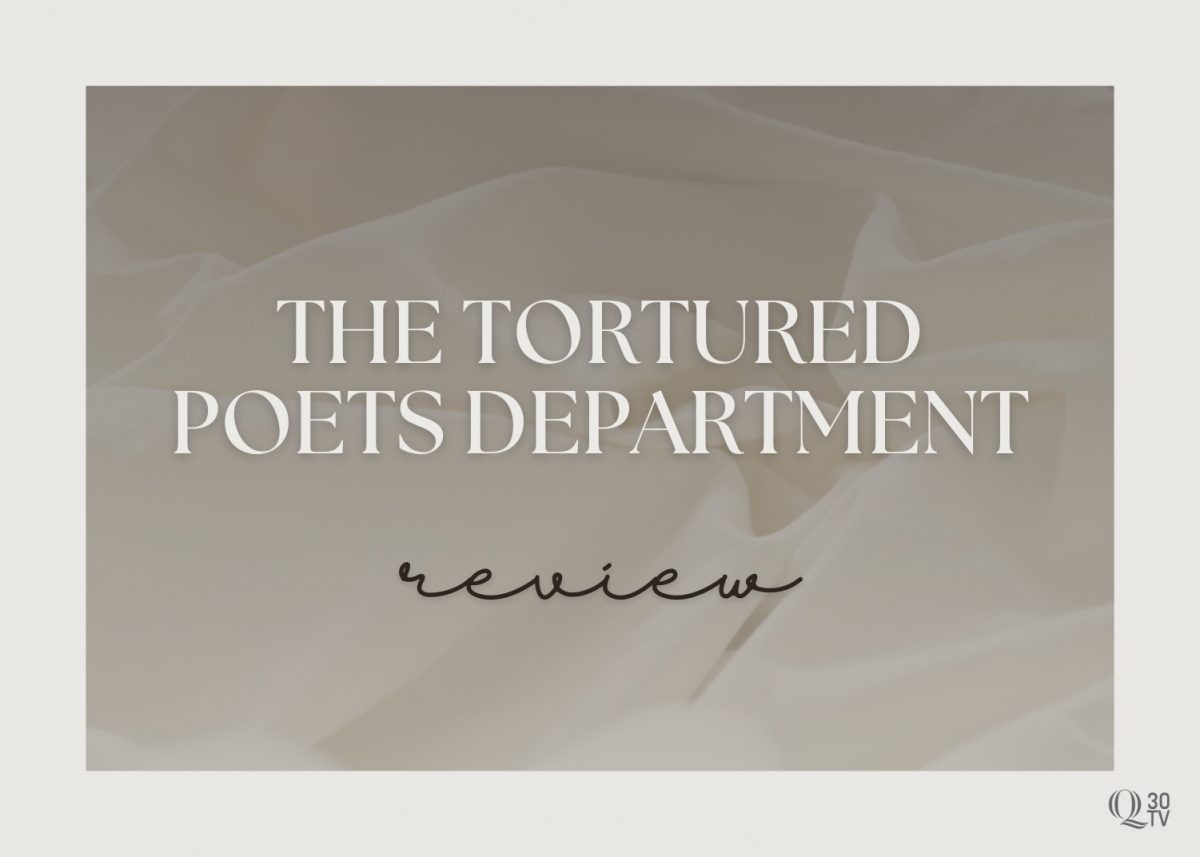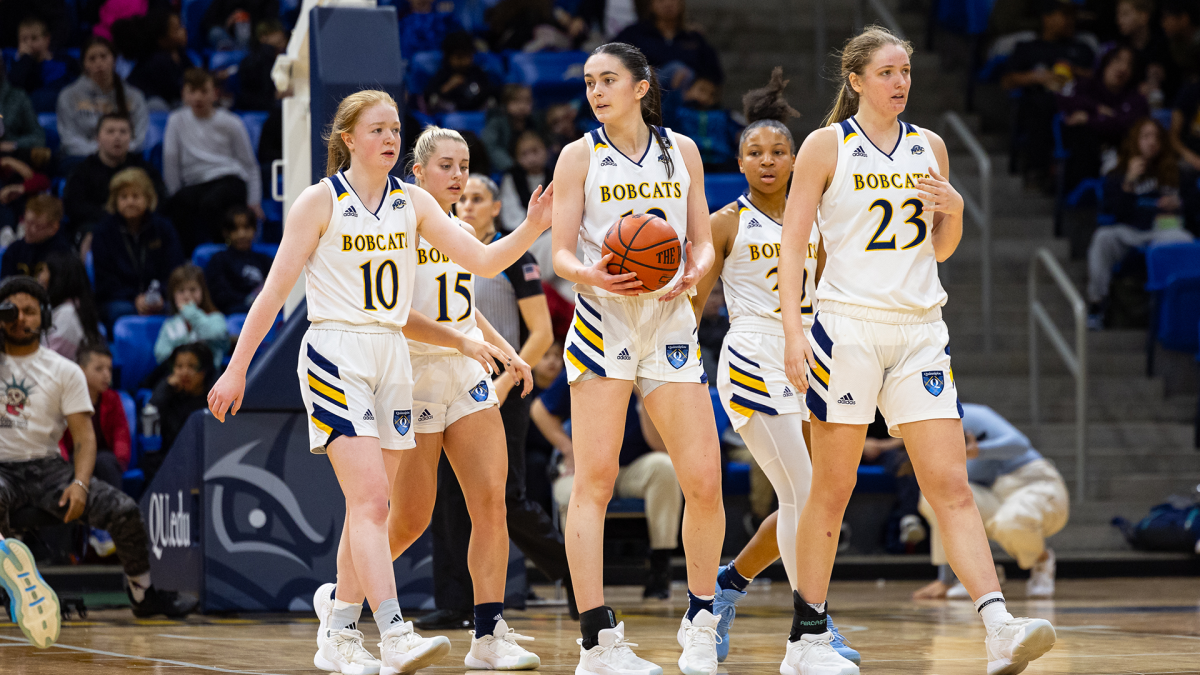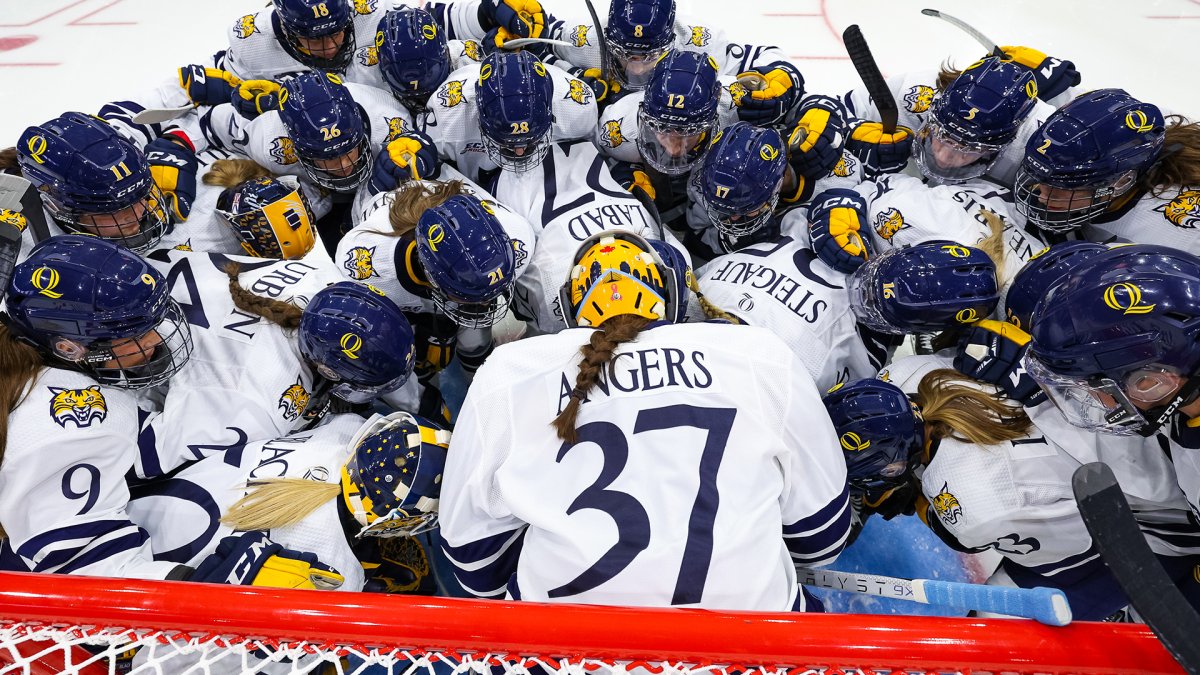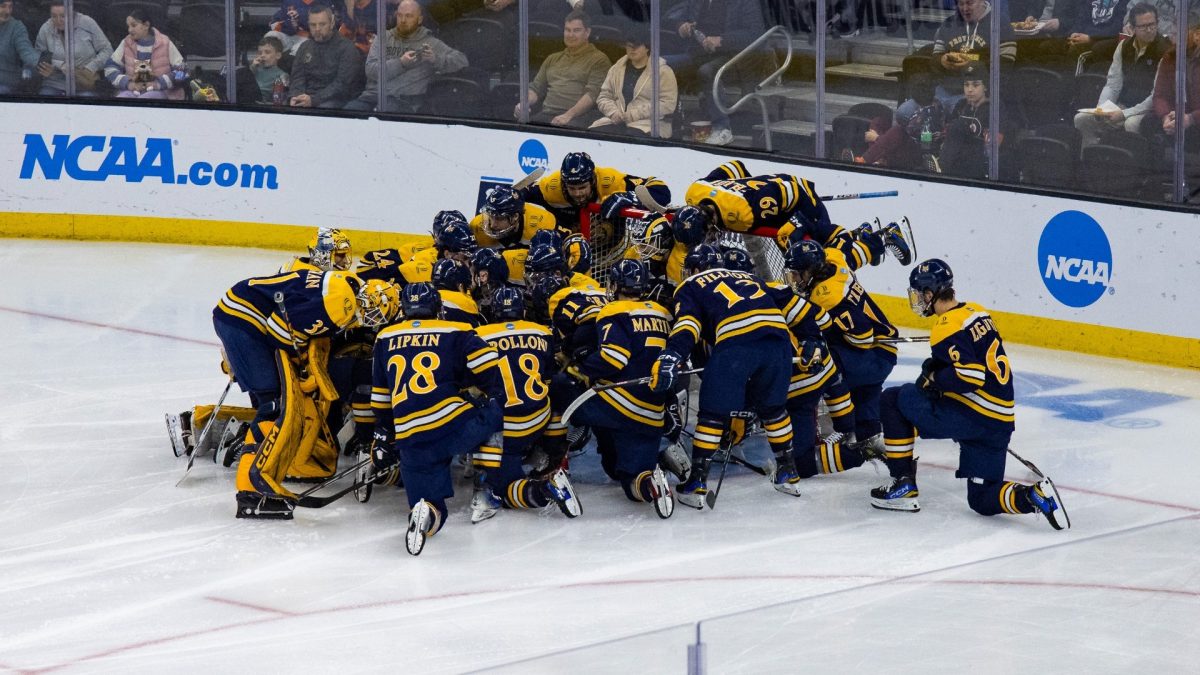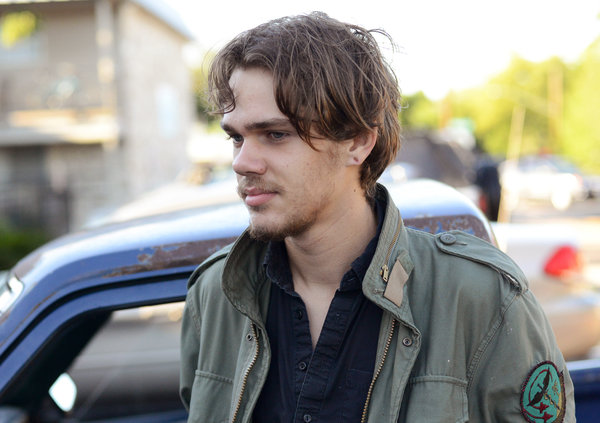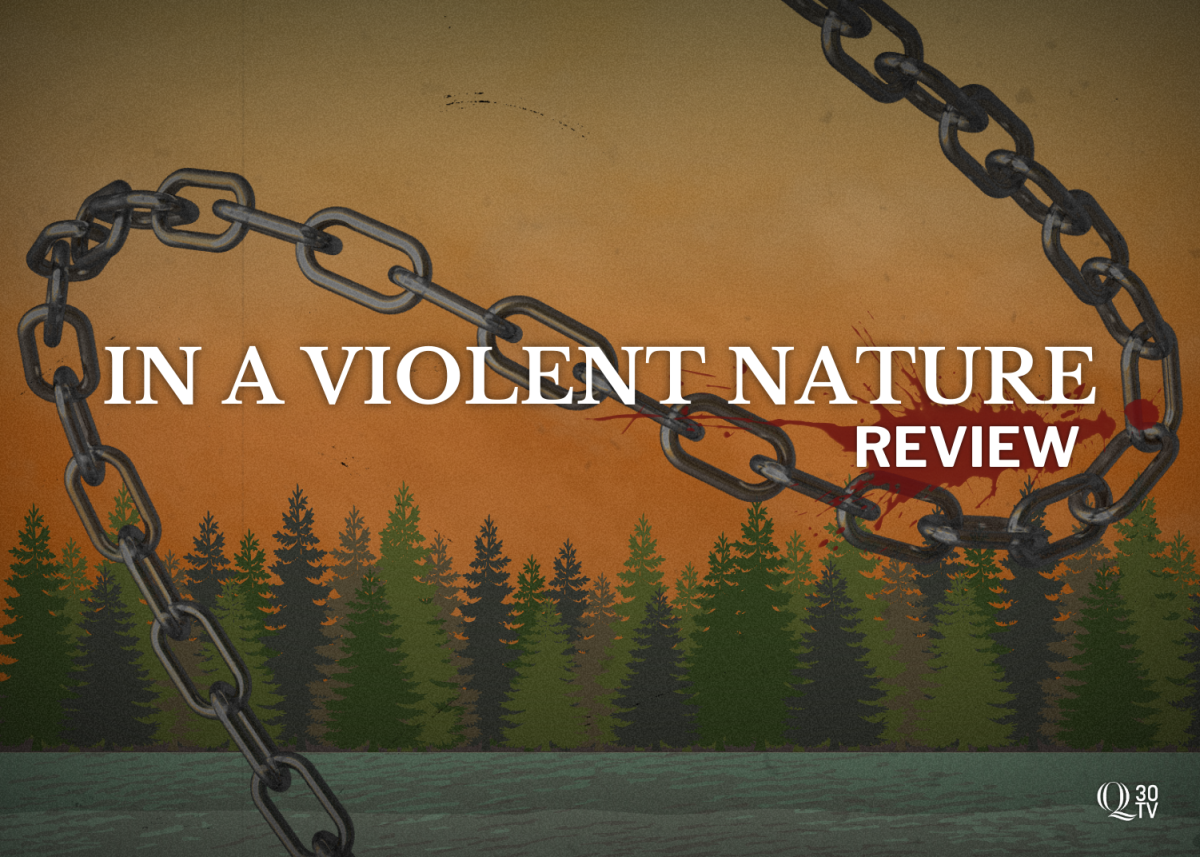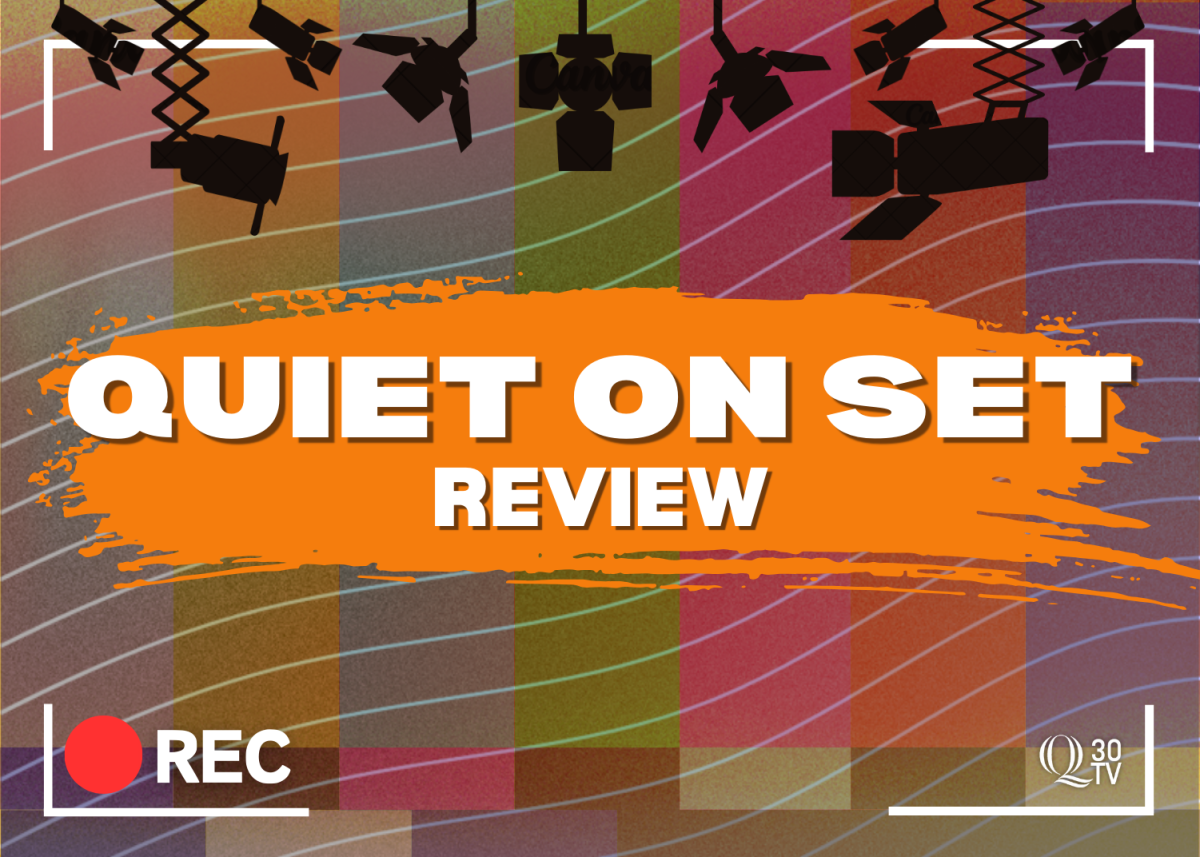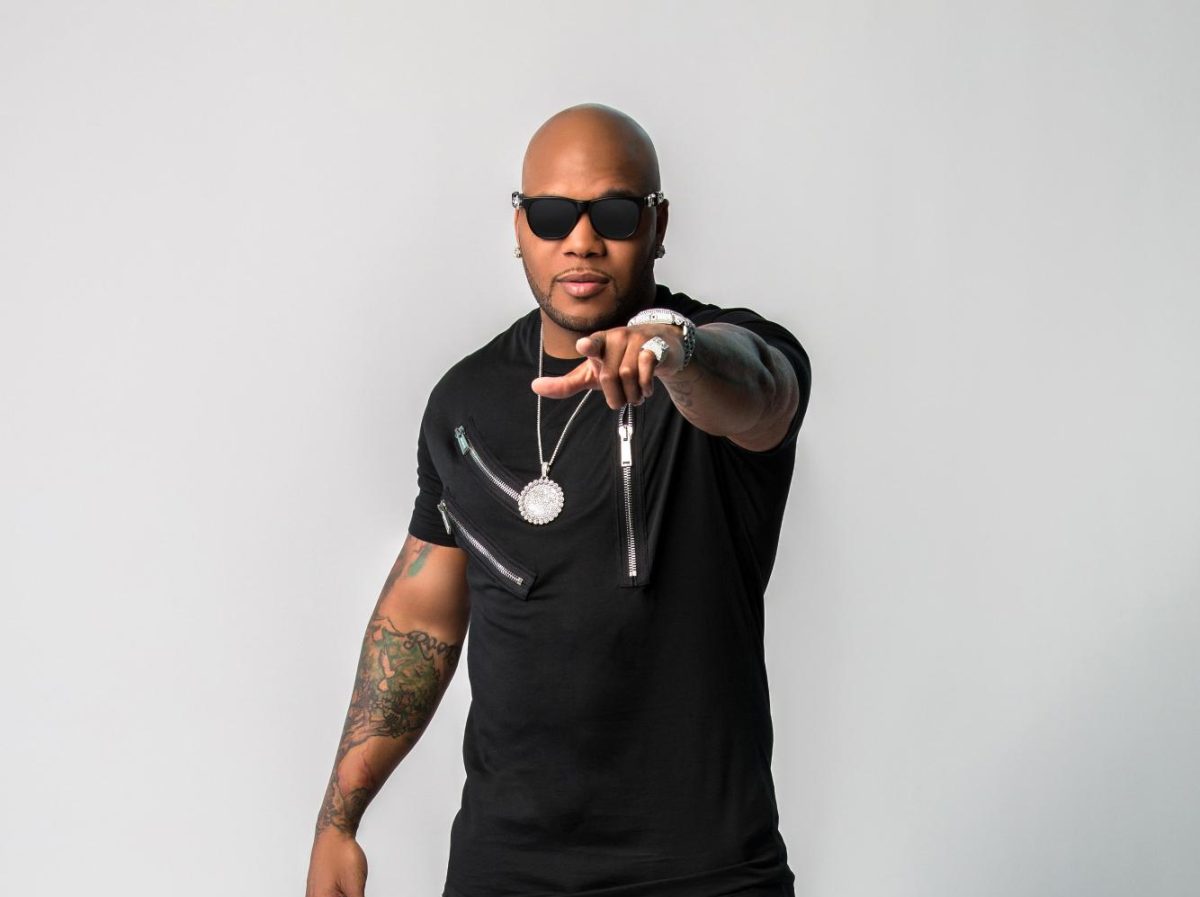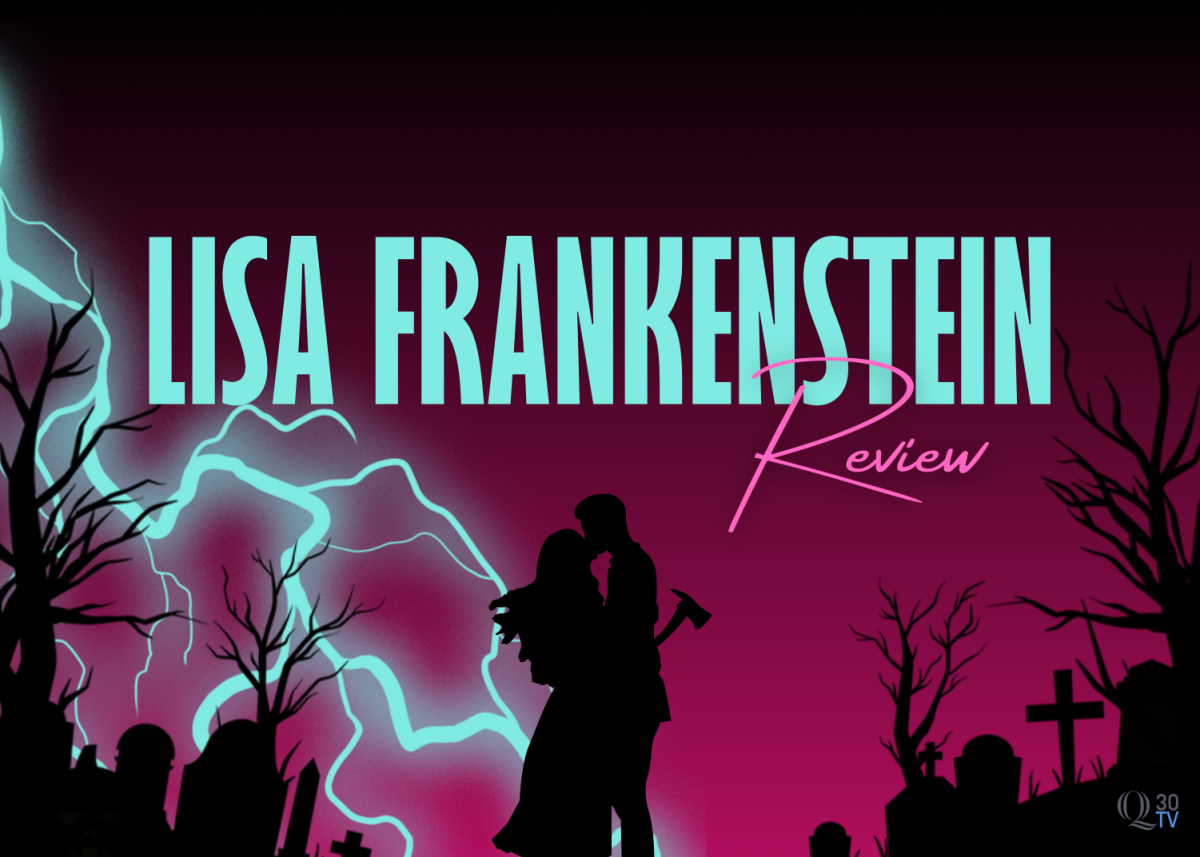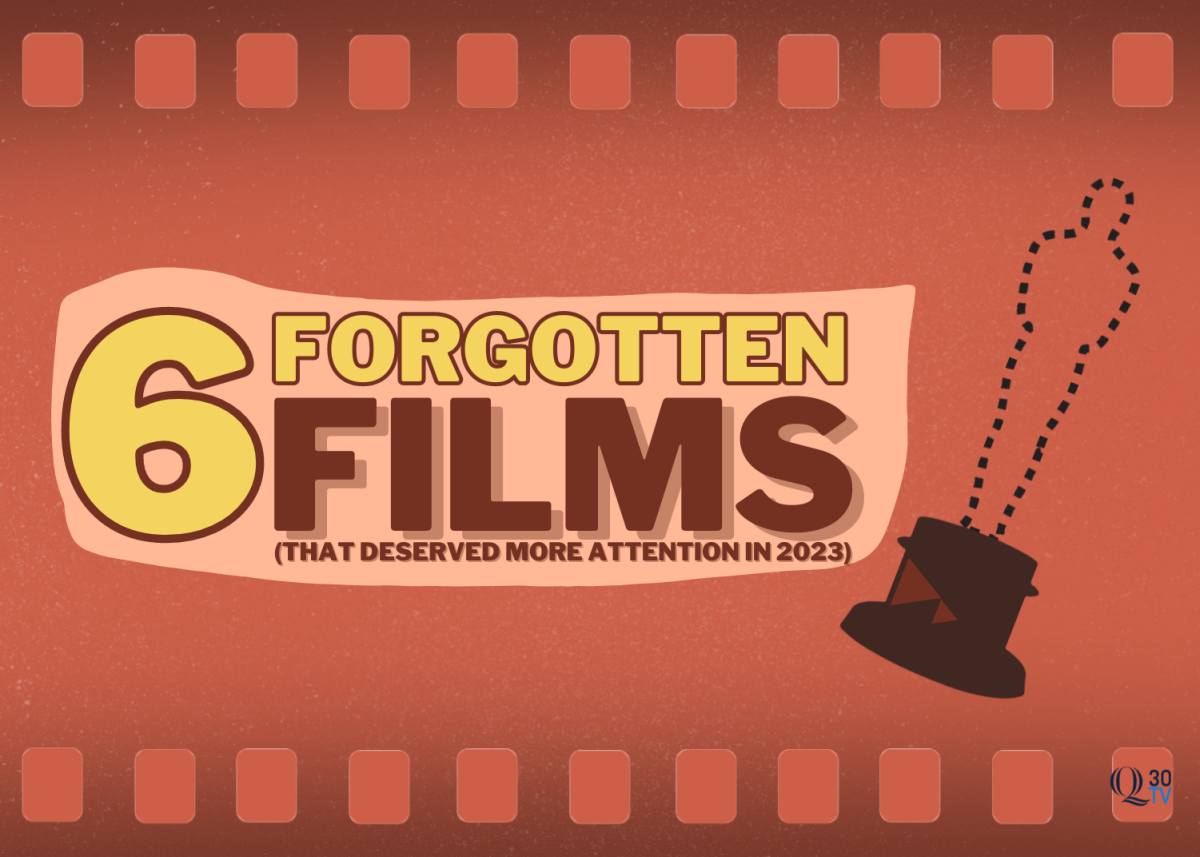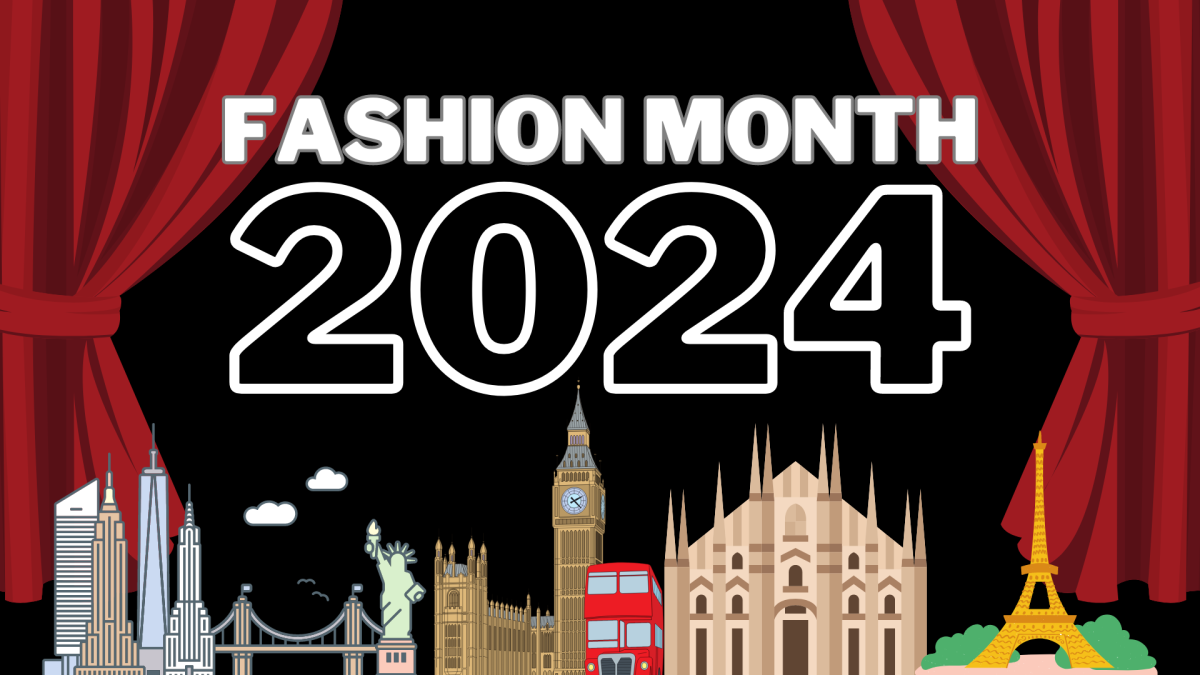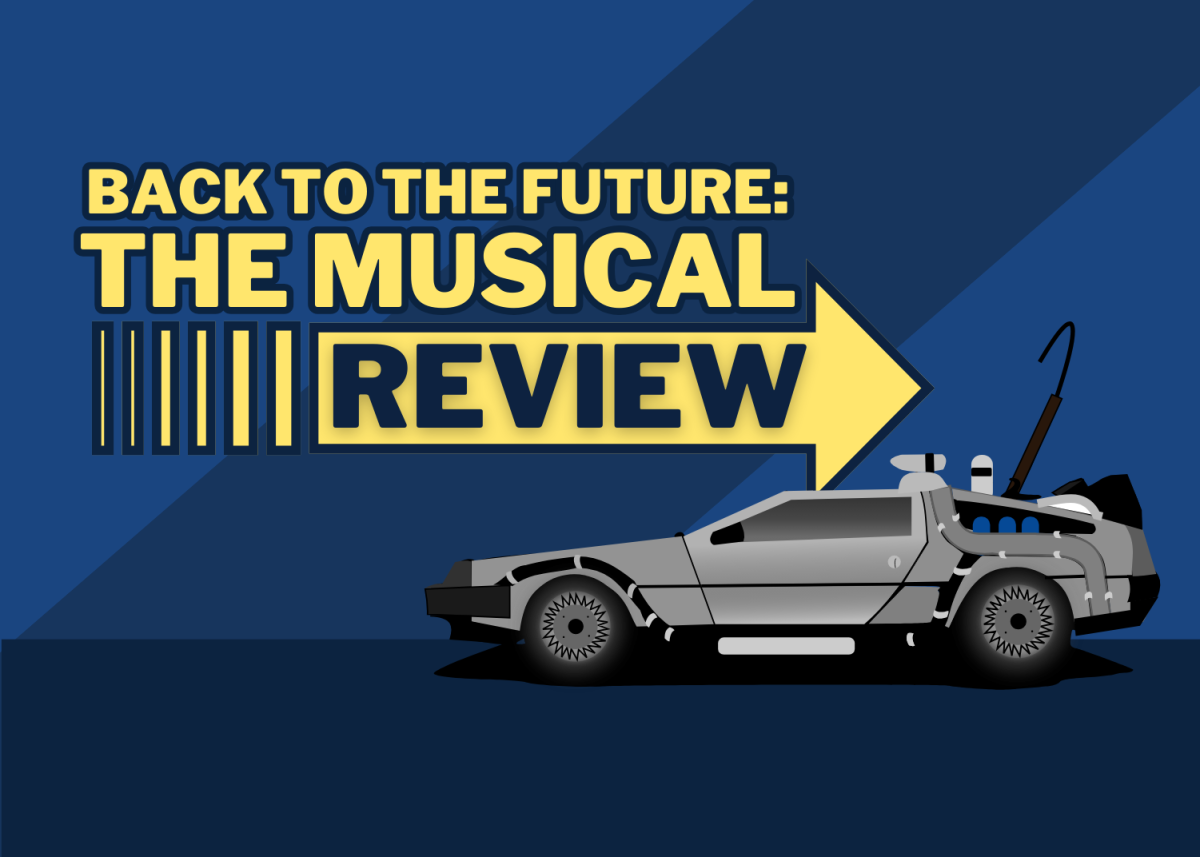Photo courtesy: IFC Films
Written by Sommer Rusinski
Very rarely do movies hit me like a left hook. Unfortunately, being a film major has left me jaded and bitter about everything I watch. It has caused me to look for the flaws instead of the achievements.
Boyhood was different.
Boyhood chronicles the evolution of Mason, Jr. from the time he was six years old to his first day of college. Director Richard Linklater (Dazed and Confused, Waking Life) shot the film two weeks every year for 12 years using the same actors, same locations, and same technology; 35mm film. The result? A rich three-hour film that is poetic in its simplicity and profound in its honesty.

Newcomer Ellar Coltrane plays Mason Jr., a curious, confident boy, who evolves into an introspective and thoughtful young man by the end of the film. Patricia Arquette and Ethan Hawke also star as the divorced parents, with Linklater’s own daughter Lorelei as Mason’s sister.
The story of this family is nothing extraordinary; a millennial upbringing punctuated by new schools, alcoholic stepfathers, and weekends with dad. Because the film is shot from a young boy’s perspective, these potentially traumatic events are breezed through and barely given a second look until his brooding adolescence; when the scars of childhood become obvious. Just like every one of us.
That is what makes this film the triumph it is: relatability. As I left the dark theater alone on the eve of my 20th birthday, flanked by a 65-year-old and two 12-year-olds, I took a look around the lobby. There wasn’t a dry eye in the house. And here’s the kicker- nothing really happens. There’s no big fight scene, no car crash, no wedding. Just the power of family and the pains of growing up.
Linklater even makes it a point not to show the hallmark events of adolescence that we’ve all been trained to dog-ear and make meaningful. He doesn’t show Mason losing his virginity, his first beer, or his first time smoking pot. Because the truth is, we don’t remember these firsts either. Our lives are not made of the milestones, but the in-betweens. We remember the little things, the things we did dozens of times; sneaking out with our best friend at three in the morning just to go to the diner, kissing strange boys in cars to The Strokes, drinking our parents’ 30-year old gin in the unfinished part of the basement. The details may become hazy and lost in our halcyon memories of growing up, but the feeling will always linger. This is exactly what Boyhood manages to capture: the heart-tug of reminiscence.
The morning Mason goes off to college, his mother starts to sob, “I just thought there would be more.” There’s finality underpinning every moment we’re alive, and we don’t notice how consequential our little moments are until something knocks us on our ass and floods us with remembrance. Boyhood is this something.


